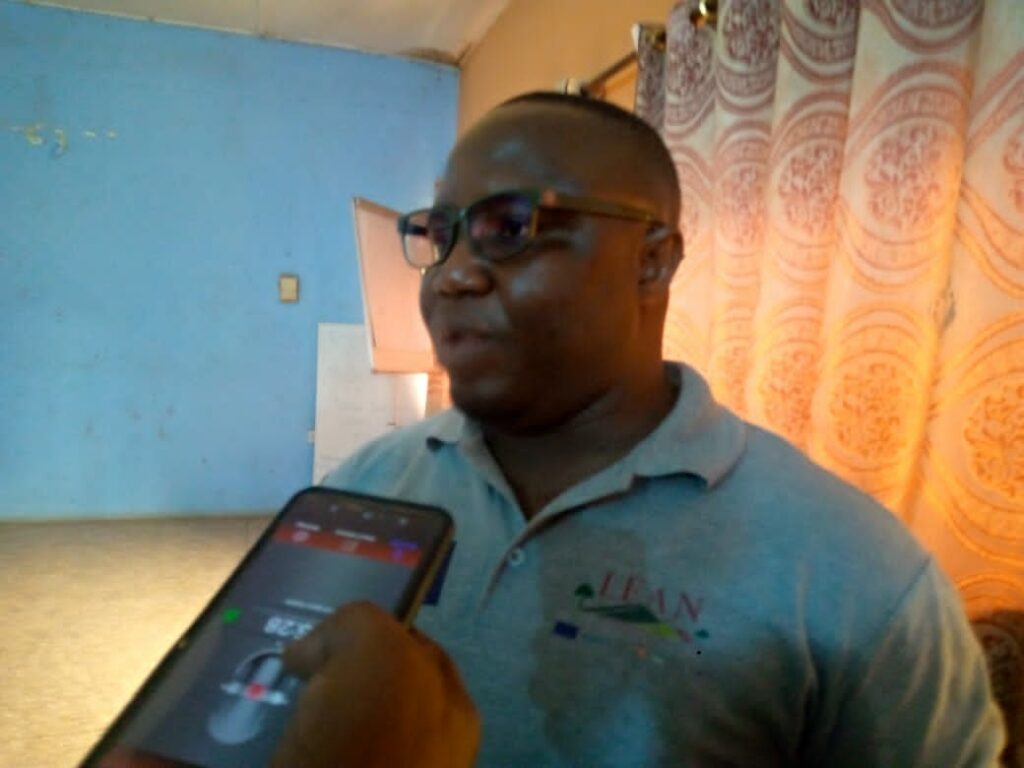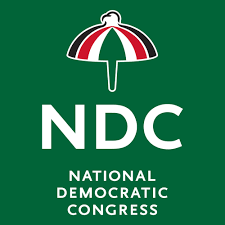The Landscapes and Environmental Agility Across the Nation (LEAN) is a four-year project funded by the European Union that aims to conserve biodiversity, build climate resilience, and reduce emissions from land-use changes in the savannah, high forest, and transition zones of Ghana while helping local farmers to improve their livelihoods.

Mr Joseph Edwin Yelkabing the project officer for the European Union (EU) – LEAN project, indicated that the purpose of the media encounter was to provide update of the project implementation as it was launched on June 19, 2020 and implemented in the West Gonja municipality and Kassena-Nankana West district Savannah Landscape by World Vision Ghana
He said this on 15th September 2021 at the unity center in Damongo, Savannah region, whilst leading the team to facilitate a day’s workshop.
The project which addresses three (3) structural barriers that have historically hindered efforts by governments, civil society organizations, and the private sector to halt land degradation and deforestation through the uptake of landscape approaches.
Most stakeholders while interested in conserving natural capital and helping to improve livelihoods, have only had the capacity and knowledge to act within their direct sphere of influence or economic interest and not at broader scales.

Mr Edwin added that they are working on government structure that will enable people speak out on issues that affect their environment. He added that they have succeeded in bringing together stakeholders within the landscape value chain who are speaking to issues that concern them.
“The governance structures is to serve as a collaborative and inclusive natural resources governance and management framework that will foster local community participation and responsibility in the conservation of natural resources, forest management and climate change mitigation and adaptation strategy that generates livelihood benefit for smallholder farmers and forest users”.
He further stated that we are losing our forest through the continuous charcoal burning and roos wood, indicating that some government bye laws are not biting enough hence the need to also educate communities members to protect the forest and the biodiversity.
The project is going to offer community members with alternatives such as animal keeping, soap making, bee keeping, among others in order not to completely take their source of livelihood from them.
“Five volunteers are trained and equiped in each of the four nurseries in the West Gonja Municipality and 17,000 cashew seedlings in the municipality have been distributed to the communities who are interested and more are nursed”.
Speaking to PAD FM, Edwin Yelkabing said they are collaborating with the cocoa research institute in Bole to train nursery volunteers farmers to nurse 30,000 Shea trees and the establishment of the four nurseries which are into assorted trees spice, cash, Shea, rose wood seedlings which will be given to communities without any charges.
Nevertheless, he said the challenges encountered are diseases and pest as well as inadequate water especially in the dry season.
The Savannah Landscape of the project is in West Gonja municipality and the Kassena – Nankana West District
The project is being implemented by a consortium of four local NGOs; Rainforest Alliance in the High Forest Zone, World Vision in the Savannah Landscape and Tropenbos Ghana, and EcoCare Ghana in the Forest-Savannah Transition Landscape.
The LEAN project through integrated approaches is working with local communities to improve the productivity of farmers.
The LEAN project is building collaborative, participatory, gender-sensitive and informed decision-making processes at the local level with all relevant stakeholders across multiple sectors. Strong community-based governance structures will ensure that decisions are gender-sensitive, locally owned and there is long-term uptake of agreements beyond the action intervention.
The governance structures will include non-indigenous groups, women, youth, landless people and others and connect the local landscape initiative to the national policies for scale up and replication.
Source : PadfmNews/Edwin Gogu

















